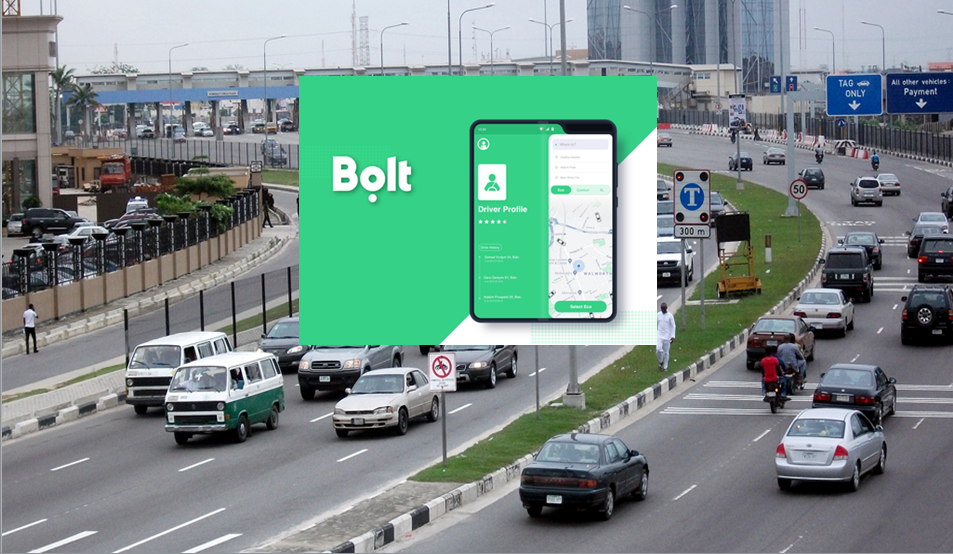Bolt, the mobility giant originally founded in Estonia, has reached an impressive €2 billion in annual revenue, a milestone revealed by its founder and CEO, Markus Villig, during his appearance on the 20VC podcast hosted by Harry Stebbings. Villig reflected on the company’s remarkable growth trajectory—from a modest €5,000 family loan to a global leader in the mobility space.
Bolt’s Rise: From Local Startup to Global Mobility Leader
Initially launched as a small startup, Bolt now operates in over 50 countries, providing a wide range of services that include ride-hailing, scooter and e-bike rentals, food and grocery delivery, and car-sharing. The company dominates in over 20 of these markets, securing a significant presence in the competitive global mobility sector. Villig attributes Bolt’s rapid ascent to the strength of Europe’s tech talent, a sentiment he shared on the podcast.
“I don’t really agree that you cannot figure out how to do world-class marketing or engineering from Europe,” Villig said. He highlighted the unique dedication of European engineers and marketers at Bolt, contrasting their loyalty and focus with the frequent job-hopping characteristic of Silicon Valley.
The Future of Mobility: Bolt’s Autonomous Vehicle Ambitions

SEE ALSO: Bolt Launches Safety Awareness Campaign with Over 500 Experts and €100 Million investment
Looking to the future, Villig sees autonomous vehicles (AVs) as a strategic priority. He anticipates that established platforms like Bolt will play an essential role in the widespread adoption and scaling of AV technology. Rejecting the notion that AVs will make ride-hailing companies obsolete, he emphasized the challenges involved in scaling both human-driven and autonomous services:
“We’ve been building this for 11 years with human drivers, and that’s already hard,” Villig said. “If you add autonomous operations, it only gets more challenging.”
The Challenges Ahead: Cost, Technology, and Regulation
Despite his enthusiasm for AV technology, Villig is realistic about the roadblocks that remain. He noted that fully autonomous, commercially viable ride-hailing services are still years away, with significant cost and regulatory challenges that need to be addressed before they can be implemented on a large scale.
Why This Matters
Bolt’s success exemplifies Europe’s growing role in the global tech ecosystem. As Bolt solidifies its presence in existing markets and explores new ones, its approach serves as a blueprint for European startups challenging the dominance of Silicon Valley. With ambitious plans to incorporate AVs into its platform, Bolt is positioning itself to lead the next chapter of mobility, where autonomous and human-driven services converge to create a flexible, technology-enabled transportation future.



